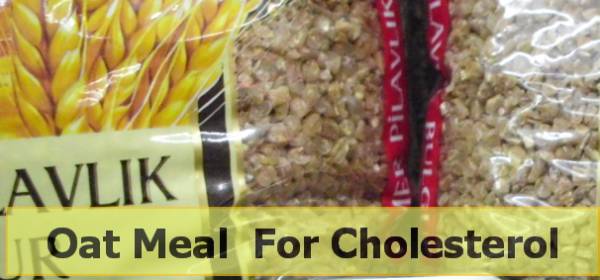
Anyone looking to lower their oatmeal cholesterol makes a good choice for breakfast. We need to find out how oatmeal affects our cholesterol levels and how good it is for our health.
Oatmeal Cholesterol Fact #1:
According to the Mayo Clinic, the soluble fiber in oatmeal lowers the levels of “bad” cholesterol in your blood. It also helps to lower the amount of cholesterol that gets absorbed into your bloodstream.
So what?
This means that oatmeal, along with other whole grains or foods that contain a lot of soluble fiber, actually fights cholesterol in two ways.
Oatmeal Cholesterol Fact #2:
WebMD notes that there was actually a study done that compared the effects of a diet high in cholesterol-lowering foods, including oatmeal, to the results of cholesterol-lowering drugs and the diet worked just as well.
So what?
This means that if you plan your diet properly you might not even have to take medication; you can just take advantage of the cholesterol that oatmeal contains.
Oatmeal Cholesterol Fact #3:
Of course, the easiest way to get some oatmeal cholesterol benefits is to eat oatmeal or cereal made with oatmeal or oat bran for breakfast. However, you can also use oatmeal in other meals.
So what?
You can grind up oatmeal in order to make flour that you can use when baking in place of part of the wheat flour. You can also add oat bran or oatmeal to a number of other types of recipes.
How does oatmeal affect us?
The oatmeal benefits have been widely established. The FDA even has made it so that a health claim can be made regarding oatmeal cholesterol-lowering benefits, allowing companies to claim that oatmeal products are heart-healthy.
In order to get the benefits to your cholesterol that oatmeal offers, you need to get about one and a half cups worth of oatmeal each day, which is probably more than what you would eat at breakfast, but more feasible if you add this food to other foods that you are eating during the day.
